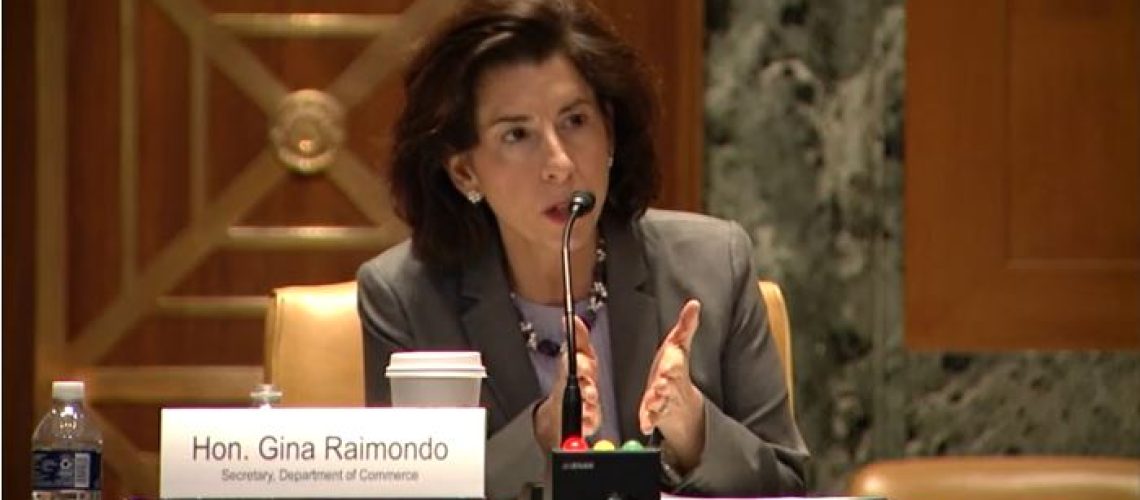More than 240 companies signed on to a letter drafted by the Solar Energy Industries Association (SEIA), requesting that the Auxin antidumping petition is thrown out in the December 1 preliminary hearing.
A coalition of more than 240 solar and energy storage companies have signed on to a Solar Energy Industries Association (SEIA) letter imploring U.S. Department of Commerce Secretary Gina Raimondo to reject a petition for new anti-circumvention tariffs applied to goods shipped from four Southeast Asian countries.
The investigation was ignited by a petition filed by a small California-based solar module manufacturer, Auxin Solar. Auxin requested that the DOC review solar panel imports from Cambodia, Malaysia, Thailand and Vietnam, alleging that the nations that are suppliers of 80% of U.S. polysilicon modules are harboring tariff-avoiding Chinese products. If found in violation, tariffs as high as 50% to 250% of the cost of shipped goods could be applied.
Following the announcement that Commerce would take up the investigation, SEIA cut its forecast for solar installations in 2022 by 46%. DOC recently announced that the preliminary determination, originally expected to be made on November 28, 2022, has been pushed to December 1, 2022. The industry now writes to Secretary Raimondo imploring her to reject the case, thereby reestablishing a steadier supply of solar modules to support the clean energy transition.
In June, President Biden placed a two-year pause on solar tariffs, but a determination on the Auxin petition is still due.
“President Biden took a crucial near-term step over the summer to free up a gridlocked solar supply chain, but companies won’t be able to capitalize on the administration’s landmark climate policy if this baseless case isn’t thrown out,” said Abigail Ross Hopper, president and CEO of SEIA. “The Inflation Reduction Act has launched a steady stream of manufacturing investments in the United States, but more tariffs will only undermine this success.”
SEIA said the Auxin petition “lacks legal merit.” It said solar cell and module manufacturing requires specialized equipment and is an intensive process. Due to this “significant and major” manufacturing work done in the Southeast Asian countries, the case does not meet the standard for circumvention, said SEIA.
“The manufacturing provisions in the Inflation Reduction Act put SEIA’s goal of 50 GW of U.S. solar production by 2030 within reach, but Commerce could crush demand with unjustified tariffs,” wrote SEIA.
SEIA said an affirmative determination of the Auxin petition or further delays would create uncertainty for U.S. solar businesses, stifle deployment, and limit solar jobs. “It would also undercut efforts to address the existential threat of climate change,” wrote SEIA.
“We urge you to issue a negative preliminary determination and ensure the U.S. solar industry can continue to deliver economic and environmental benefits for years to come,” said the letter in closing.
A copy of the document with all 240 signees can be found here. The list includes major industry players like Ameresco, Array Technologies, CED Greentech, EDF Renewables, Engie, LevelTen, Grid Alternatives, Nextracker, Solv Energy, SunPower, Sunrun, and many others.



